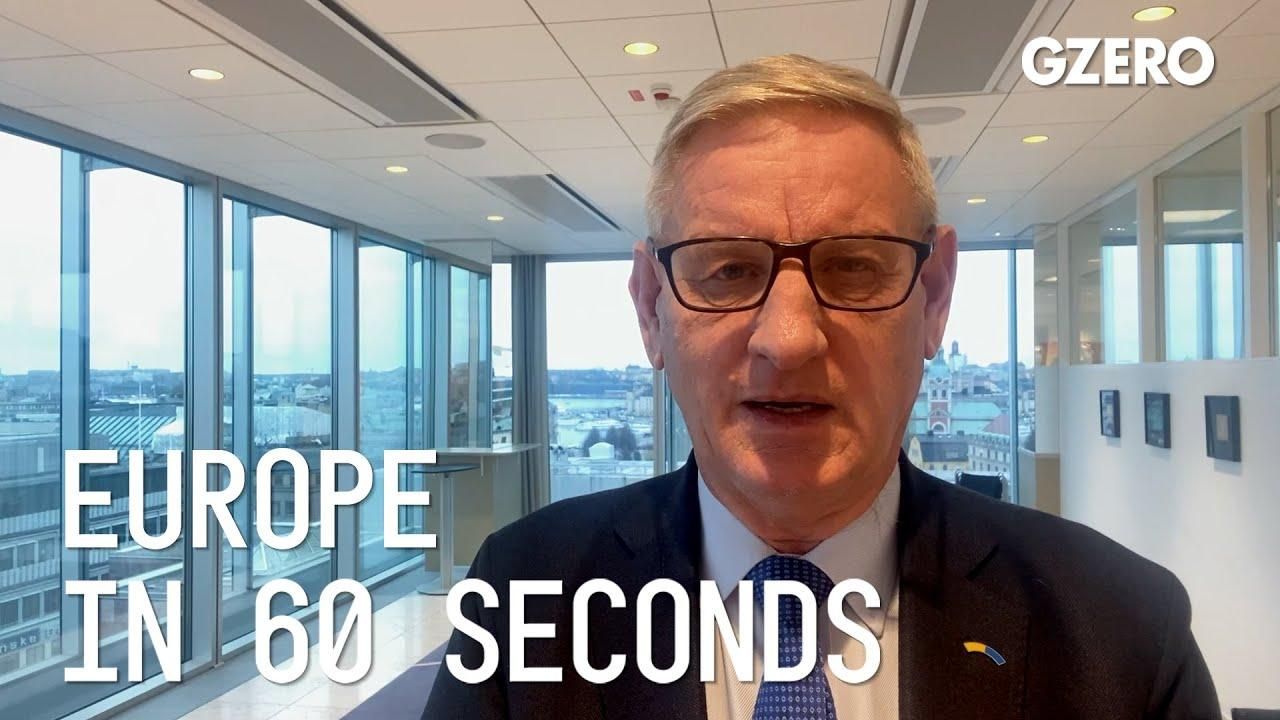
Carl Bildt, former prime minister of Sweden, shares his perspective on European politics.
What's been the European reaction to the catastrophe in Turkey?
Well, it has been overwhelming, you see in all of the European countries mobilizing whatever resources they have in order to rush to the disaster area and try to help. Most notably, of course, Greece was very early, also with military resources in view of the tension between the two countries. Armenia is also there. Everyone is there. And I think the European Union Swedish presidency will organize a donor conference in order to get additional money within the next few weeks. It's a catastrophe for all of Europe. Everyone wants to help.
How is Rishi Sunak's first months as prime minister in the UK been?
Well, so-so. He's been there. There hasn't been any sort of distinct new term world within the Conservative Party. That's news in itself and that's good news in itself. But whether he has been able to put the government and the Conservative Party in a new direction that is sustainable for the future, I think the jury's still somewhat out on that.